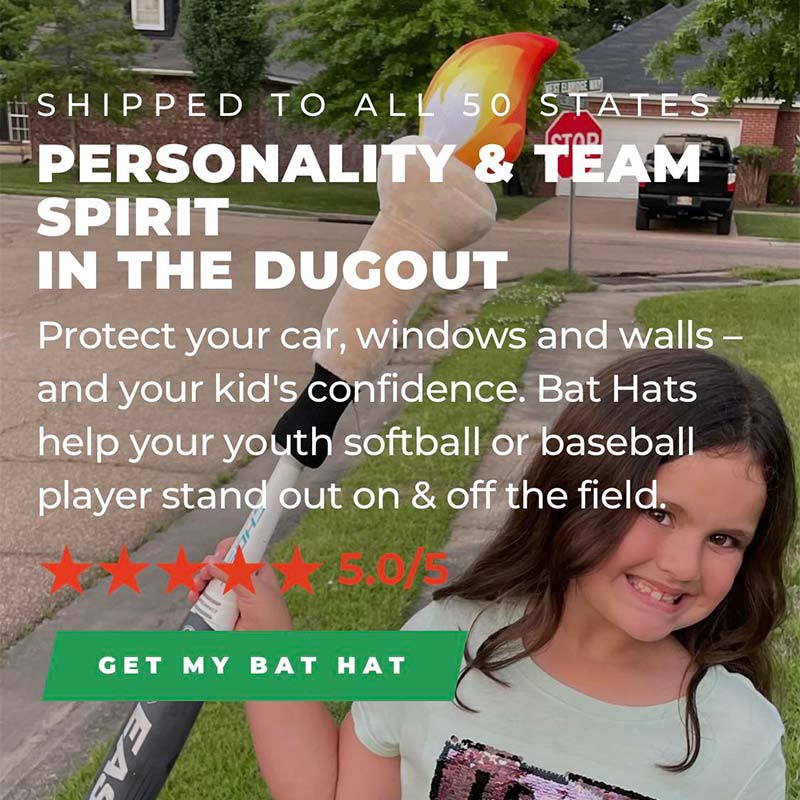Season Opener Parent Meeting | Fastpitch Softball
It’s that time of year again. Even before the first ripe sprigs of grass pop out, softball season is upon us. (Hallelujah) The chilly days and mounds of snow for some of you will give way shortly to perhaps, the most beautiful sports season known to wo-man! 🙂
With the onset of softball season, comes a brand new spring crop. Softball coaches. As teams are born, so are coaches. Some hesitantly at first. Others cannot wait to jump in with both feet. And most with high expectations of teaching the kids so much, of being successful, of having fun, of experiencing the ‘bliss’ that most of associate with kids sports.
SIFG wants to help you get started, with a little season opener parent meeting advice. We recently had a fan ask about having a parent meeting, and what was the acceptable course of conversation. Should she set the rules ahead of time? And the answer is YES!
A season opener parent meeting is critical to your TEAM success. If you are a brand new coach, with no experience of what it is like to deal with the parents of youth athletes, then you probably don’t have any bad experience to draw upon. And if you do have bad experiences in the past with coaching, and parents or behavior – then you might be a little defensive when it comes to planning your next parent meeting. If the latter is true, be sure that you don’t come across as crass or unapproachable. Remember, its okay to expect the best rather than the worst.
So. The Pre-Season Opener Parent Meeting. What should it include?
Expectations from PARENTS. Most leagues have rules for parental behavior and good sportsmanship guidelines. They may seem like common sense.. you know like no yelling at the referee, no cursing, no smoking, no berating other kids etc. But still, read over those rules and make sure parents realize there is a ZERO tolerance policy. Many leagues have parents sign a code of conduct.
Go over everything you expect from the parents included but not limited to; dues payments (and refunds if someone quits), practice attendance, children’s attitudes, uniforms, appropriate lines of communication, player performance, health and insurance information, schedules, necessary equipment,fundraising etc.
Playing time. If you are coaching a rec or organizational league softball – they probably have outlined playing time for all players to enhance player development and rules that you will have to follow. Outline how practice attendance will or will not affect playing time. If you are a travel team, how will pick up players playing time be divided up.
If this is a travel team, go over how you divide playing time and what the goals of playing time for pool and bracket play will be. Be clear on your policies for playing time, whether it is statistic based or performance driven, or simply development.
Also, give parents an appropriate method of communication if they have any issues with playing time or positional choices. Don’t just say “This is how it is, if you don’t like it you can leave.” Make sure the parents know you are there to listen. That doesn’t mean you will cave every time they complain, just that you WILL listen. You can even discuss a social media policy as it pertains to team business, for both the kids and adults, as both are representing the team.
Open or closed practices? First week of every 6, 8, 10 and 12U practice all over the country starts the same. A bunch of parents who brought their gloves, standing inside the fence trying to ‘help.’ If you WANT the help, then let parents know what to do and how to do it…but don’t allow them to take over the practice and simply work with just their kid. Practices are often limited to 60-120 minutes, which is not a lot of time – especially if ‘helpful’ parents are trying to shepherd the kids. The kids HAVE TO LEARN TO LISTEN AND RESPECT their coaches, and its much harder to do when mommy and daddy or Uncle Joey are always ‘coaching’ alongside the coaches.
If you don’t want the help and prefer parents keep to the bleachers during practice and spectate don’t be afraid to say just that. Be clear about that. As kids get older, this is most often the norm. Parents spectate, kids play, coaches COACH!
THE HARSH REALITY. Kids do better when mommy and daddy aren’t hovering.
As a side note, we think at ALL AGES (Yes, even 6 and 8U) you will do the kiddos a huge service by making the dugout private domain. Kids need to learn how to handle their stuff in the dugout and part of the coaching process is making them self sufficient, team oriented, and independent during games. You can go over what you expect of the kids in the dugout during the practice season. Dugout is for COACHES and PLAYERS only.
You should also have forms ready for all parents to fill out THAT DAY, that give you permission to treat in case of an emergency (in the event a kid gets injured while a parent is not there) as well as all emergency contact information, health information etc. Keep these with you at all times.
Depending on the age group, some parents may use practice time as babysitter time. Outline your expectations if parents drop off kids. And stress early on that you can not stay after waiting for parents to show up to pick up their kids. If you do it once or twice, waiting for mom or dad to finish grocery shopping there will always be those parents that monopolize your time continuously. Additionally, some coaches do not want kids simply dropped off at practice and left. Others, are okay with it. (Often an age thing)
Let parents know how you will communicate team business. Via text, email, on a FB page? Group texts are quickly becoming the norm, so make sure you have numbers from all parents so there won’t be an excuses later.
Your goals. What are your seasonal goals? Will you define success by wins, or by development? What are the team goals? What are your expectations from the season. This will obviously vary greatly depending upon what level you are teaching. But take some time to think about that before the meeting. The best way to join forces and be allies with parents and players is to share your goals so that they too, can be on board.
Pick up play. If you are a travel team, go over your expectations on pick up play with other teams.
AN exit strategy. People get frustrated and quit. People move on. People team hop. There are a million reasons why people quit. Sometimes, the team is just not a good fit. Sometimes, kids get released from teams because of the parents actions. Cover any and all of those situations, and how you expect it be handled amicably and respectfully as possible. Even so, you will likely not please everyone.
Your best bet, is to plan ahead of time. Type up all the information you will cover, along with pertinent forms and hand out to parents at the parent meeting. That way, they have a written recording of what is expected of them.
Above all….remember this. You could not COACH without the parents! You need their help. Parents and coaches are a team, both teaming up for the greater good of a child with the hopes of fostering both a love of the game, and developing fundamentals. While some maybe CRAZY, the vast majority want the same thing that the coaches want. Don’t let one bad apple spoil the bunch.
—————————————————-
- Submit your fan questions to softballisforgirls@live.com
- Check out our store at http://store.softballisforgirls.com/product-category/shop/

Dont forget to enter out Instagram contest for a chance to win a 2015 CF7!
get sifg in your inbox
Receive occasional updates about sales, new products, coupon codes, and more!








